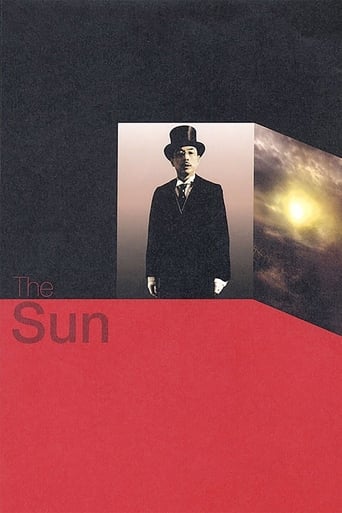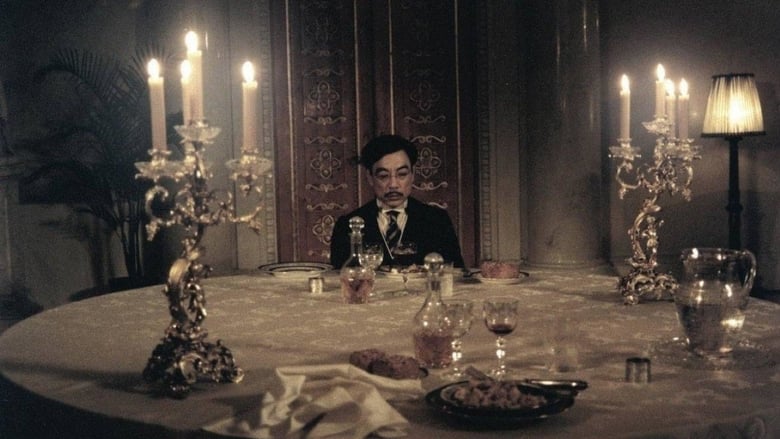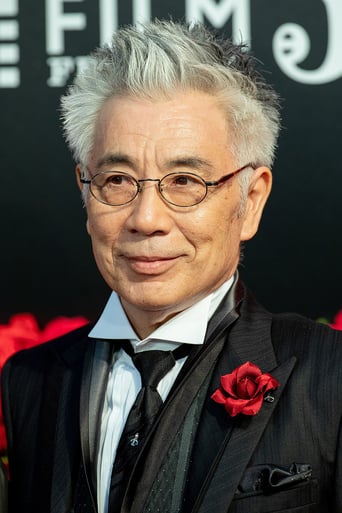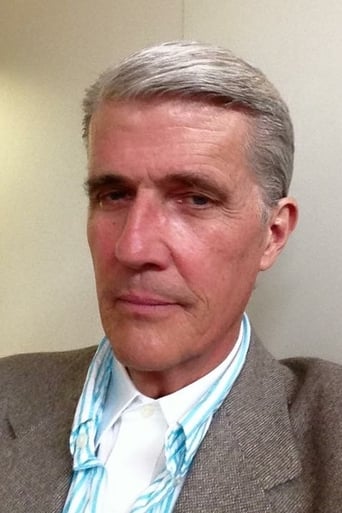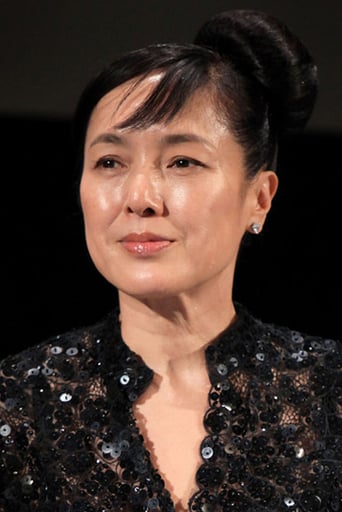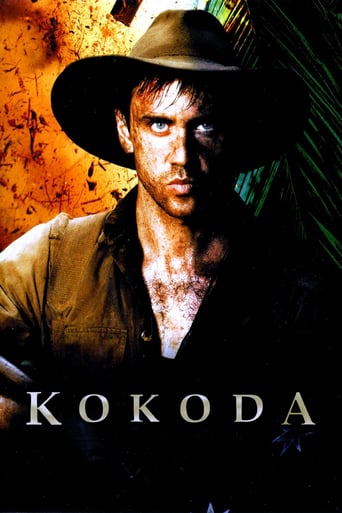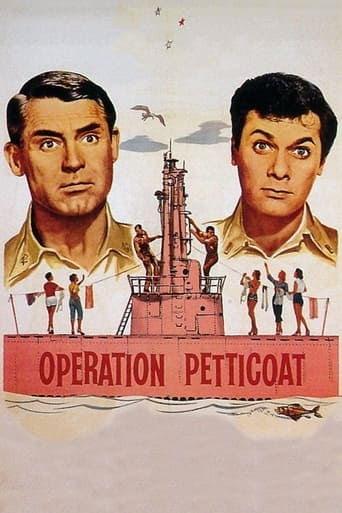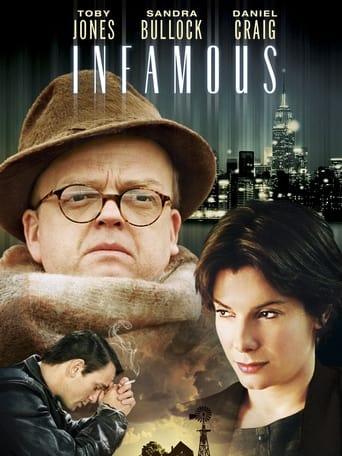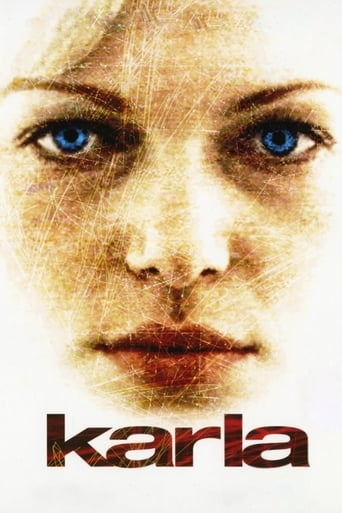The Sun (2005)
Biographical film depicting Japanese Emperor Shōwa (Hirohito) during the final days of World War II. The film is the third drama in director Aleksandr Sokurov's trilogy, which included Taurus about the Soviet Union's Vladimir Lenin and Moloch about Nazi Germany's Adolf Hitler.
Watch Trailer
Free Trial Channels
Cast


Similar titles
Reviews
Don't listen to the negative reviews
An action-packed slog
After playing with our expectations, this turns out to be a very different sort of film.
This is a small, humorous movie in some ways, but it has a huge heart. What a nice experience.
As an WWII buff, I was intrigued when I saw this film pop up on my Netflix recommence list. Alas, I ought to have taken the time to beforehand to look up the director. Alesandr Sokurov made the dreadful "Russian Ark". This film, while not nearly as bad as "Ark" or Malick's horrendous "Thin Red Line", suffers from a limp, aimless, script that is augmented by equally limp, wooden acting. The Americans in this film are a collection of stereotypes posing as characters. Richard Dawson in particular is awful. He appears to suffer from a case of macrocephaly which is seriously distracting. His massive head--quite unlike what MacArthur had-- makes him look like a mad scientist in an army uniform. His acting, the apposite of Tommy Lee Jones portrayal of MacArthur in "Emperor", is lifeless and quite unlike Douglas MacArthur.Issei does a solid enough job of portraying the Emperor. Who can pretend to accurately a man who is seen as a God and is kept largely out of the public eye? Unlike MacArthur, the actor here had little to go on in a character study.In view of this any actor who attempts to portray such a mysterious man has to be given a benefit of the doubt. That said, this is no equal to Ganz's brilliant portrayal of Hitler. Ganz put on one of the great acting performances of all time--at least the equal of Daniel Day-Lewis' Lincoln.I have one final critique and this goes for "Emperor" as well. For some reason when people make movies of the Pacific Theater they mention the A-bombs, but never the great many atrocities the Japanese committed in their 8 years of war. The Japanese were, in fact, the first country to employ WMD in WWII when they used bombs filled with bubonic plague on the Chinese. These weapons were developed by a special unit call Unit 731'. This unit committed horrors that matched those of Mengele and the Nazis. Then we have the Bataan Death March, the Rape of Nanking, and the general brutal occupations of Asian countries. The Japanese did far more than bomb Pearl Harbor. Ask the Chinese, who lost some 15 million citizens to Japanese aggression. Aggression that actually stretches back to 1931.(Even though the Sino-Japanese War did not officially begin until July of 1937.) To not mention Japanese barbarism and aggression on such a large scale is to akin to omitting the Holocaust when discussing the Nazis.
Very powerful film-making, which leaves you feeling very unsettled. Through the minutae of his days and his every gesture, nervous tick and grimaces, it describes the last days of the living God, the Emperor of Japan. It's already perfectly clear to everyone that Japan is on its knees and the war has been won by mere mortals. It's perfectly clear, and yet the nation apparently still needs to know that its Emperor is a God. Superficially, the movie could be compared to Der Untergang, The Downfall, in that it shows a previous icon of absolute power cooped up in his bunker, days before his complete demise. The mood of these two movies is so very different, though - there was life stirring in among the ashes of Oliver Hirschbiegel's Berlin, still. There is seemingly no life left at all in the devastation surrounding the Japanese Emperor's palace and bunker. You see so little of the physical destruction, possibly because the movie had a small-ish budget and they couldn't afford complete reconstructions, but you feel it everywhere. Never before have sea creatures preserved in formaldehyde been more eerie. I was blown away by the sequences of the catfish (a recurrent subject of traditional Japanese ink drawings) swimming in the sky like bomber planes over a nuclear-war devastated nightmarish landscape. All the way through, I loved the use of classical music, seemingly distant and distorted - Bach and Wagner, and others. Every little gesture and detail in the movie matters, every camera angle and perspective is carefully planned. Some might call it slow, but to be honest I was never bored. Thankfully, the movie is also completely non-judgmental of anyone. Despite the odd wooden performance, I recommend this to anyone who is used to quality world cinema.
Sokurov's haunting recreation of how Emperor Hirohito spent the last hours before the Japanese surrender, this is a miraculous work, and it provided the most powerful aesthetic and emotional experience of the 2005 New York Film Festival, whose official selections were not lacking in depth and fine film-making. "The Sun" depicts a man who knows very well what is going on but lives in a cocoon, in a state of detachment and ineffectuality that becomes strangely heartrending. Issey Ogata's performance as the Emperor easily competes for hypnotic intensity with Bruno Ganz's Hitler in the German film "Downfall" -- but with a very different sort of bunker and a very different kind of man: a silent, immaculate country house with a few faithful servants in attendance; a small, frail but upright and dignified personage who can easily explain the causes of the Japanese defeat to his general staff but has never learned to dress himself or open a door. Even on this day he is more comfortable browsing through photos of his family and American movie stars, dictating notes on marine biology, and writing poetry. Despite the disgrace, he is selflessly happy that peace has come. He inks a brush to write a statement to his absent son, but instead drafts a few verses about the weather. Later he is taken to see Eisenhower, and then brought back again to dine with the general. He enjoys the wine and the meat and has his first taste of a Havana cigar. The Americans conclude that the Emperor is like a child. "What's it like being a living god?" Ike asks. And speaking, to the dismay of the Japanese interpreter, in perfect English, Hirohito says, "What can I tell you? You know, it is not easy being Emperor." These are just a few details in a film rich in telling ones. Simply enumerating them can't explain this film's slow, cumulative emotional wallop -- or the lovely, fantastic, dreamlike landscape images toward the end. This film about one of modern history's most humiliating defeats is a stunning triumph. "The Sun" demonstrates unmistakably that Andrei Sokurov is one of the world's great filmmakers.
Excellent film - very strange, with a minimal script and unusual colour.One point misunderstood by other reviews - Hirohito had that movement of the mouth. The Japanese friend I saw it with was bowled over by the portrayal of Hirohito.Great score, really adds to film - in other words not your typical Hollywood string slush-fest.The most interesting point for me related to a documentary on Hirohito I'd seen lately which contested this view of him being a helpless figure in the face of the military (though the government scene seemed to show him in control) and almost childlike. The evidence supplied suggested that he was very much in control, and his renunciation was solely done to get out of being held accountable. The most telling scene in this regard was the very last - the unspoken accusation is that he should have been the one to commit hari-kiri, not the announcer (? I think!).Highly recommended - but in the cinema! I'm not sure the colour would work as well on a TV.

